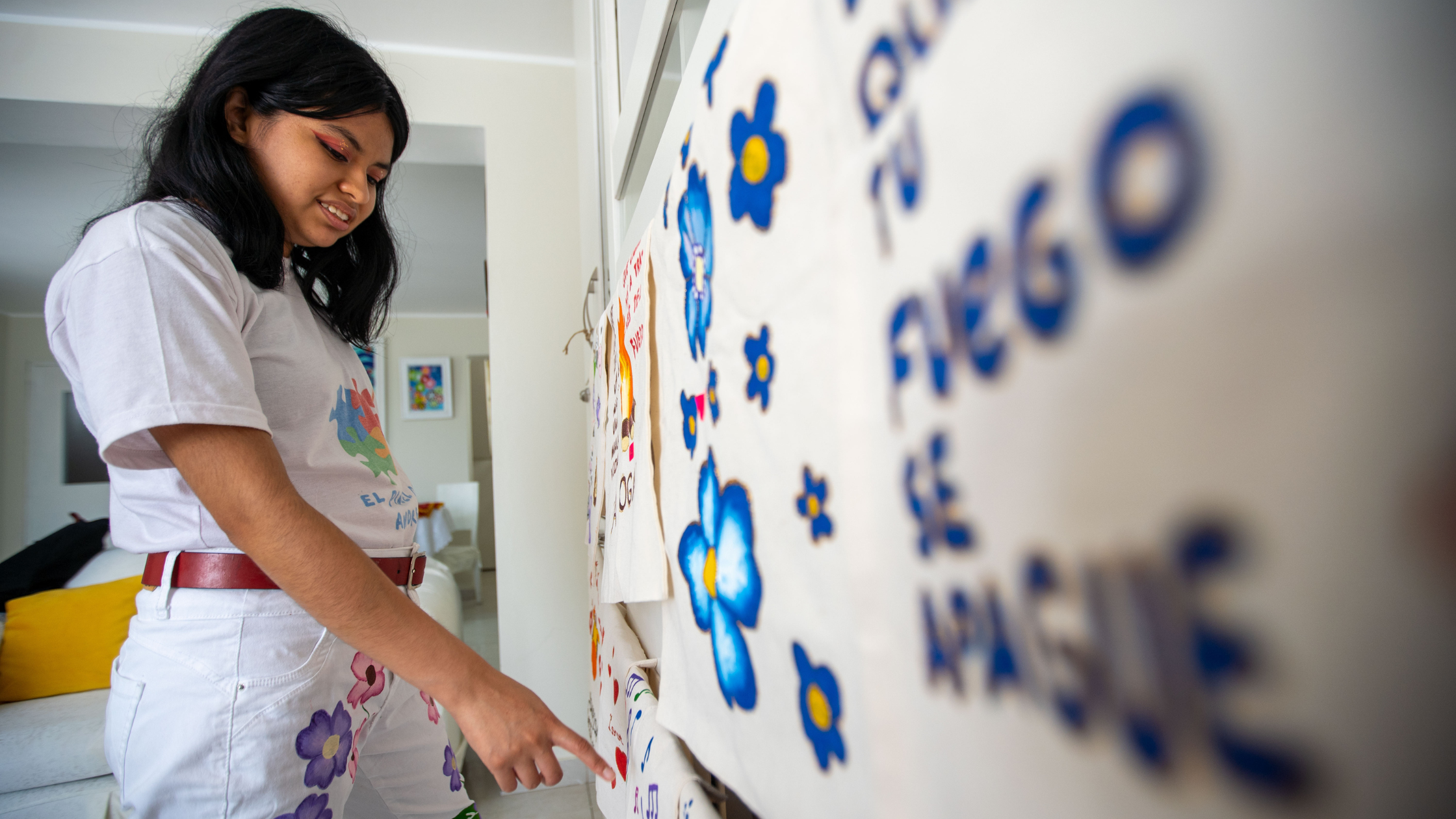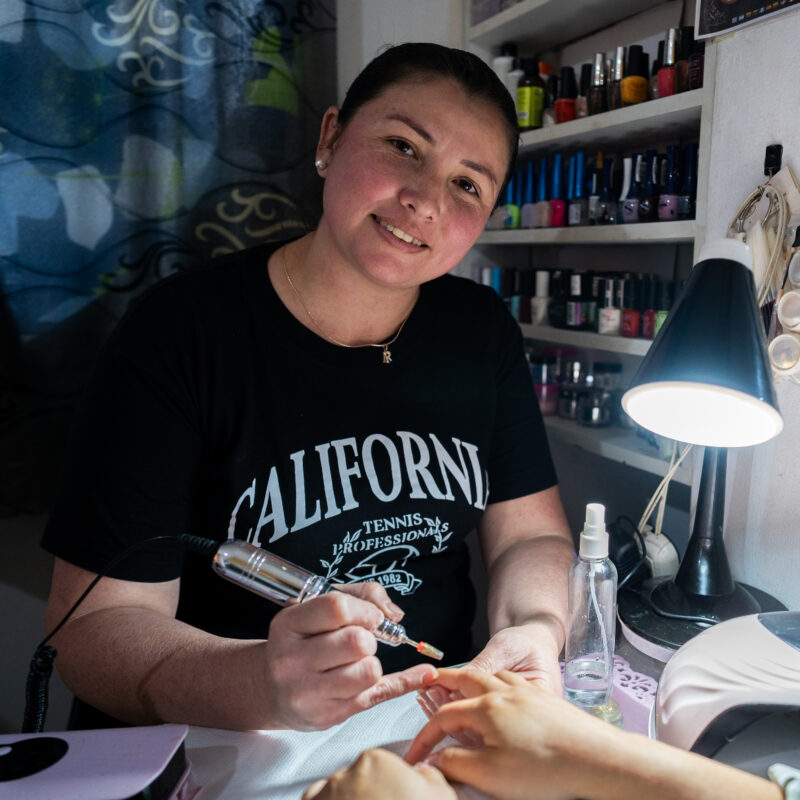International Women’s Day 2025: Accelerating Action to Address the Foreign Aid Crisis and Its Impact on Women
News

As the world marks International Women’s Day, it is imperative to confront a stark reality: the current crisis affecting the international aid system will severely impact women around the globe. Amid shifting geopolitical interests and donor fatigue, global assistance programs are in danger of being scaled back or abandoned altogether—threatening decades of progress in health, education, and economic empowerment. If we truly care about women’s rights and gender equity, we must also care about the fate of foreign aid. It is women who are hardest hit when aid falters, and the ripple effects extend across families, communities, and nations.
Women: The First to Feel the Impact
In times of crisis—be it a pandemic, a conflict, or a natural disaster—women consistently face disproportionate burdens. Cuts in healthcare funding, for example, mean fewer prenatal and postnatal services, jeopardizing maternal and infant survival. According to the World Health Organization (WHO), approximately 287,000 women worldwide die each year due to complications during pregnancy and childbirth—a figure that could rise further if healthcare programs continue to be underfunded.
When educational budgets shrink, it is often girls who are the first to be pulled out of classrooms to save on costs or help with household chores. The United Nations Educational, Scientific and Cultural Organization (UNESCO) estimates that 129 million girls worldwide are out of school, hindering not only their futures but also the broader economic potential of their communities. A single year of additional schooling for girls can reduce the likelihood of infant mortality by 5–10%, underscoring how women’s opportunities directly affect wider social outcomes.
 Over the past decade, Cuso International’s SCOPE (Sustainable Opportunities for Employment & Entrepreneurship) program has demonstrated how targeted investments in women can create lasting economic change. Funded by Global Affairs Canada, SCOPE was active from 2015 to 2024 in Colombia, Ecuador, and Peru, supporting women, youth, migrants, and other equity-deserving groups in securing meaningful employment and entrepreneurship opportunities.
Over the past decade, Cuso International’s SCOPE (Sustainable Opportunities for Employment & Entrepreneurship) program has demonstrated how targeted investments in women can create lasting economic change. Funded by Global Affairs Canada, SCOPE was active from 2015 to 2024 in Colombia, Ecuador, and Peru, supporting women, youth, migrants, and other equity-deserving groups in securing meaningful employment and entrepreneurship opportunities.
By partnering with organizations such as UNHCR, Encuentros SJM, Asociación Kallpa, and local governments, SCOPE advanced economic inclusion, social cohesion, and gender equity while fostering safer and more inclusive workplaces.
SCOPE introduced three innovative methodologies that tackled barriers to women’s employment:
- Ruta Inclusiva – Designed to support inclusive work environments, ensuring that hiring practices and workplaces actively accommodate women and underserved groups.
- Ecosocial – Focused on fostering social cohesion between migrants and local communities, breaking down economic barriers.
- Mucura – Helped women with caregiving responsibilities access and remain in formal jobs, addressing a significant challenge to female workforce participation.
Real Impact: The Numbers Speak for Themselves
- 25,000 people received training; 60% were women.
- Over 11,500 individuals were connected to meaningful employment.
- 70 private sector companies developed inclusive policies to support equity-deserving individuals.
- The program achieved a 72% job permanency rate, ensuring that women found long-term economic stability rather than short-term aid-dependent solutions.
SCOPE’s success story highlights why cuts to foreign aid are counterproductive. When international funding supports programs that invest in women, the result is not just economic growth but greater social stability, reduced vulnerability, and more resilient communities.
Why Women’s Progress Matters for All
Investments in women’s empowerment have a multiplier effect. According to UN Women, women reinvest up to 90% of their income back into their families, compared to about 35% for men. This reinvestment translates into better nutrition, higher school enrollment rates, and improved overall health outcomes. Furthermore, when women can access resources—such as microloans, skills training, and leadership opportunities—they transform not just their own lives but entire communities. This is not just a moral imperative; it is also a strategic one that drives economic growth and social stability.
Conversely, when foreign aid is reduced or poorly targeted, women are forced to fill the gaps. They work longer hours in informal or precarious jobs, sacrifice their own meals to feed their children, and postpone critical healthcare. These coping strategies can lead to chronic poverty and perpetuate cycles of disadvantage.
A Defining Moment
This International Women’s Day reminds us that we stand at a crossroads. One path leads to an under-resourced aid landscape where progress stalls, and women—especially in underserved regions—are left to shoulder an even heavier burden. The other path envisions a future where well-funded, woman-focused programs not only save lives but also foster innovation, resilience, and prosperity worldwide.
For those who claim to care about women’s rights, it is time to recognize that foreign aid is inseparable from that cause. Our collective challenge is to protect and bolster the very systems that uplift women, ensuring that no crisis—be it global or local—derails the hard-won gains in economic empowerment, health, and education. The cost of inaction is too high: it is measured in unrealized potential, shattered families, and compromised futures. If we truly believe in a fair and inclusive world, then the future of foreign aid must become a shared priority—for women, for communities, and for all of us.
Nathalie Martin
Marketing and Communications
Cuso International